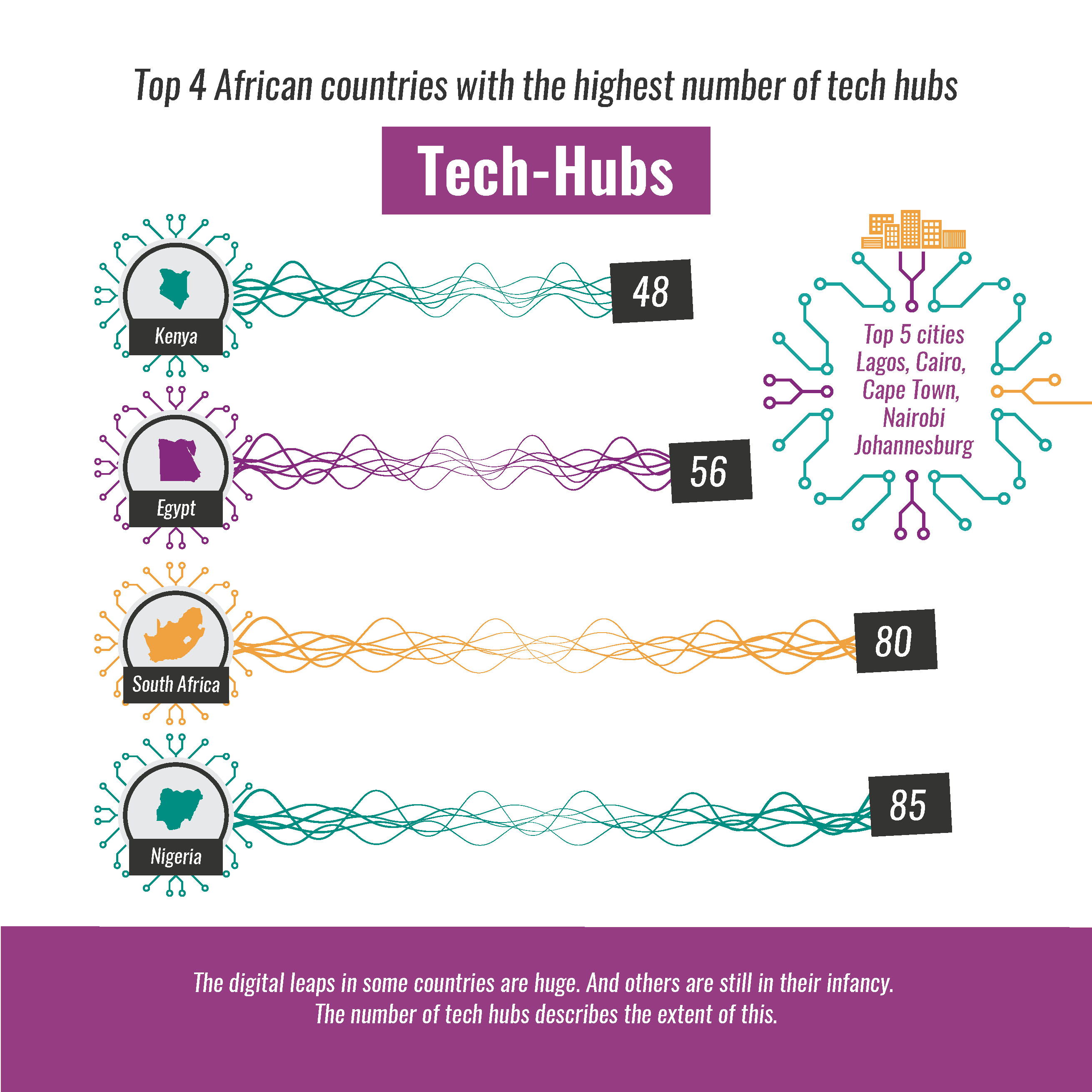Newsletter
Don't miss a thing!
We regularly provide you with the most important news, articles, topics, projects and ideas for One World – No Hunger.
Newsletter
Don't miss a thing!
We regularly provide you with the most important news, articles, topics, projects and ideas for One World – No Hunger.
Please also refer to our data protection declaration.
What Africa is experiencing in the course of digitisation is a disruption. Here three steps are taken in one, there you remain. In any case, the changes are enormous and bring some surprises. A graphic walk.
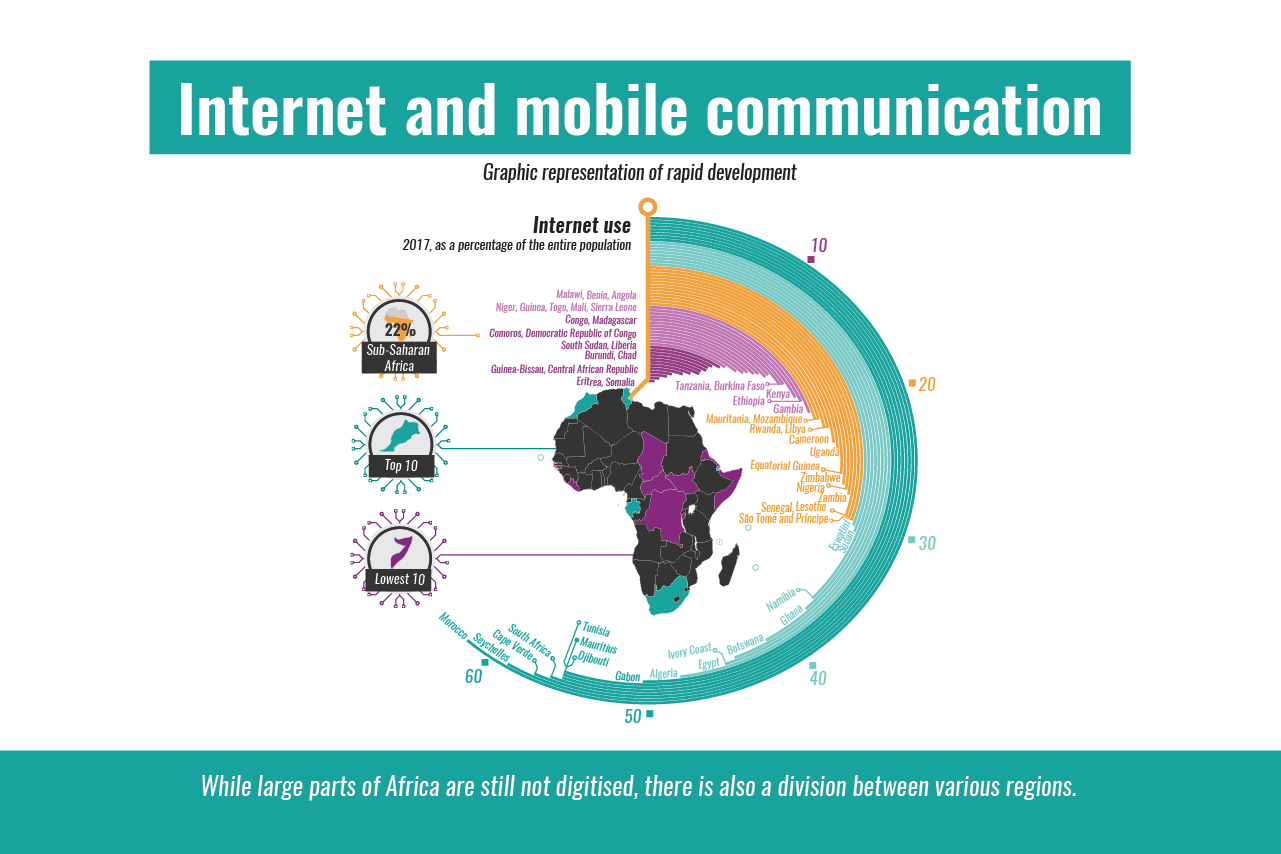




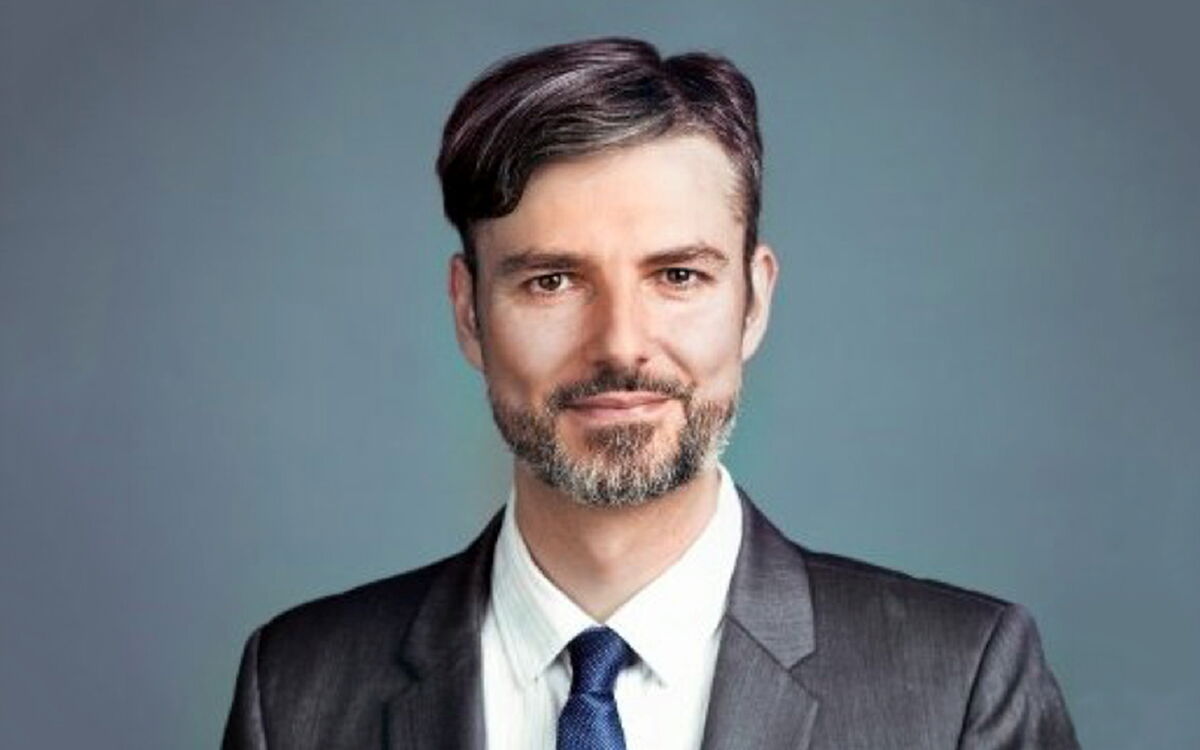

Read more Ebay Against Hunger - How an App Supports Crop Sale of Rural Small Holders in Zambia

Read more Video diaries in the days of Corona: Voices from the ground
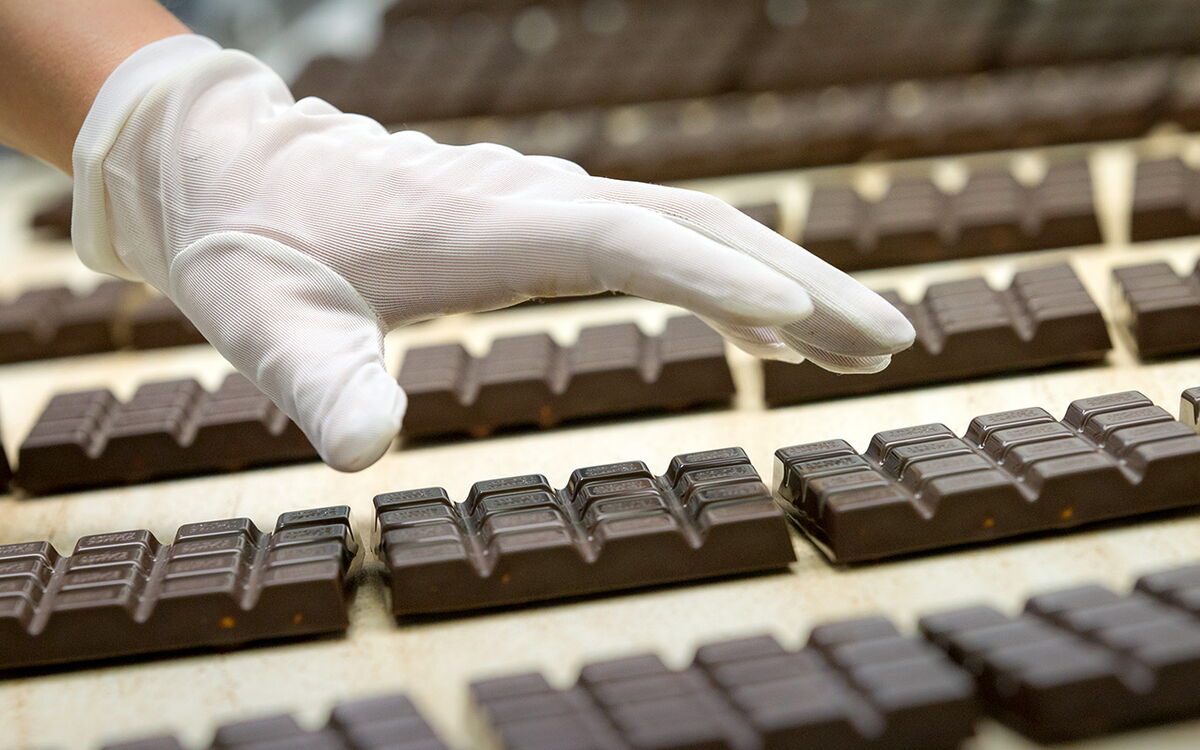
Read more From start to finish: a vision of interconnectivity
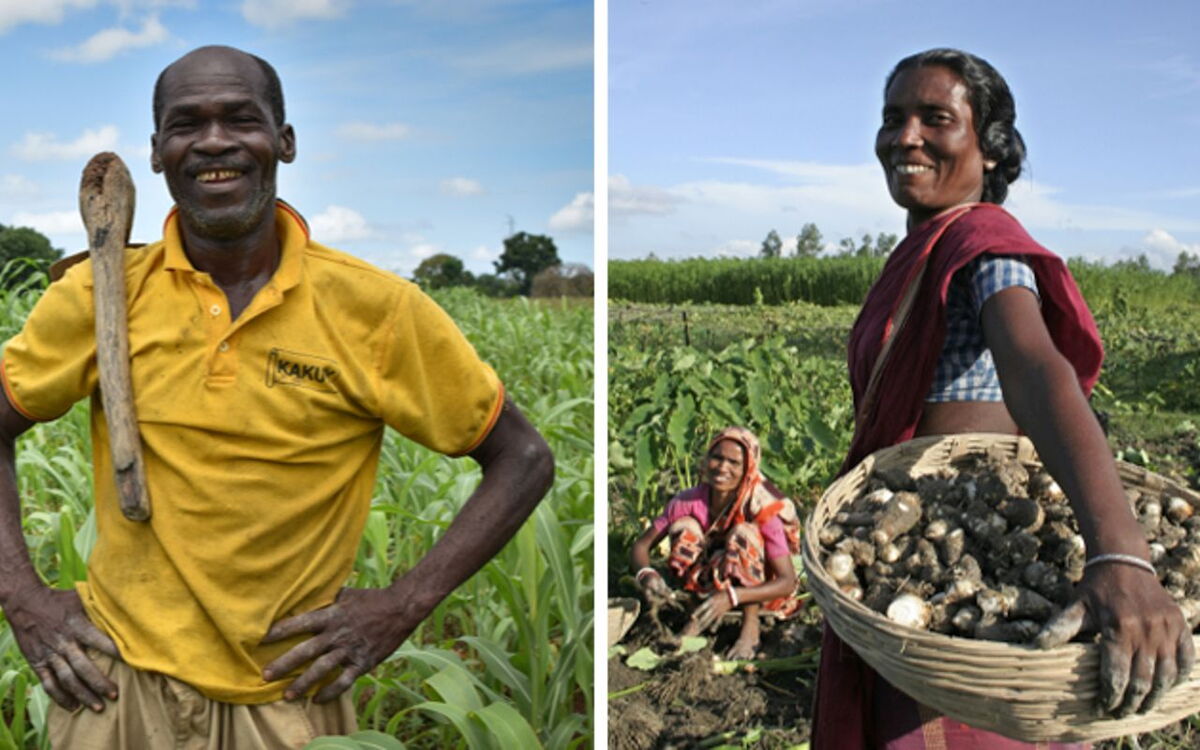
Read more Ideas on the ground: Local solutions for global challenges
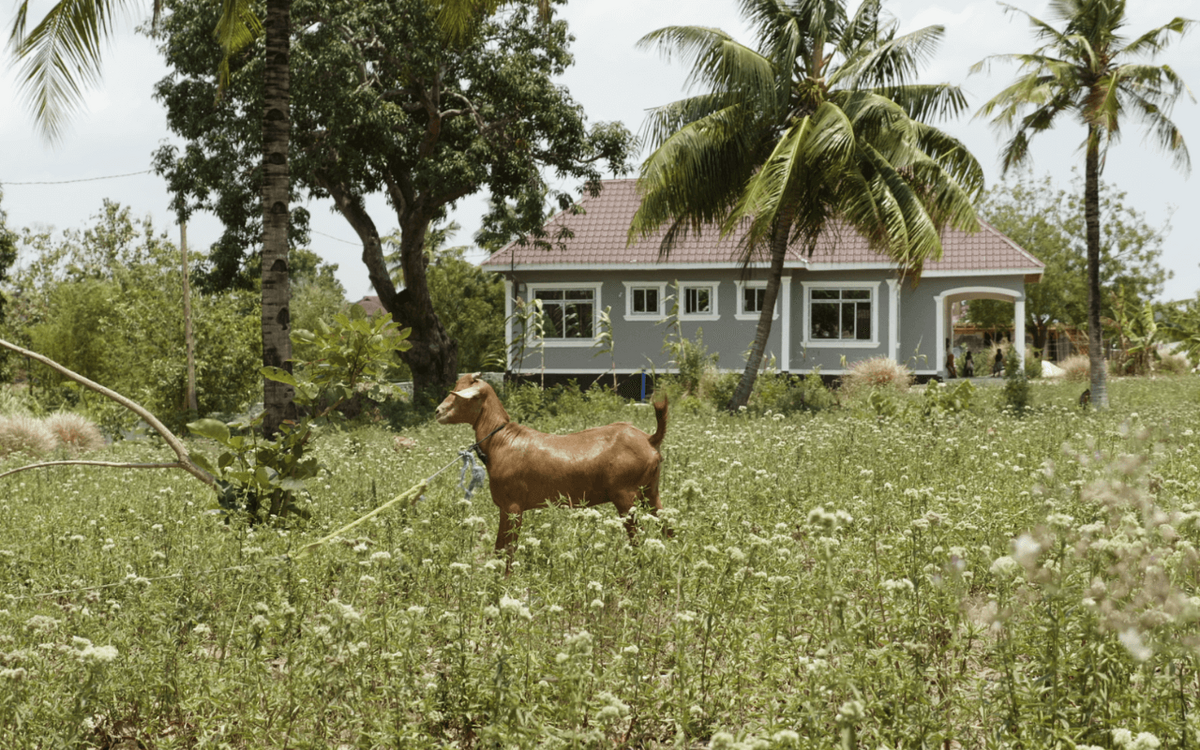
Read more How a Nigerian fintech wants to secure 1 billion US dollars for farms

Read more Mozambique: How informal workers find jobs through an app

Read more From the perennial to the catwalk – banana silk as an alternative
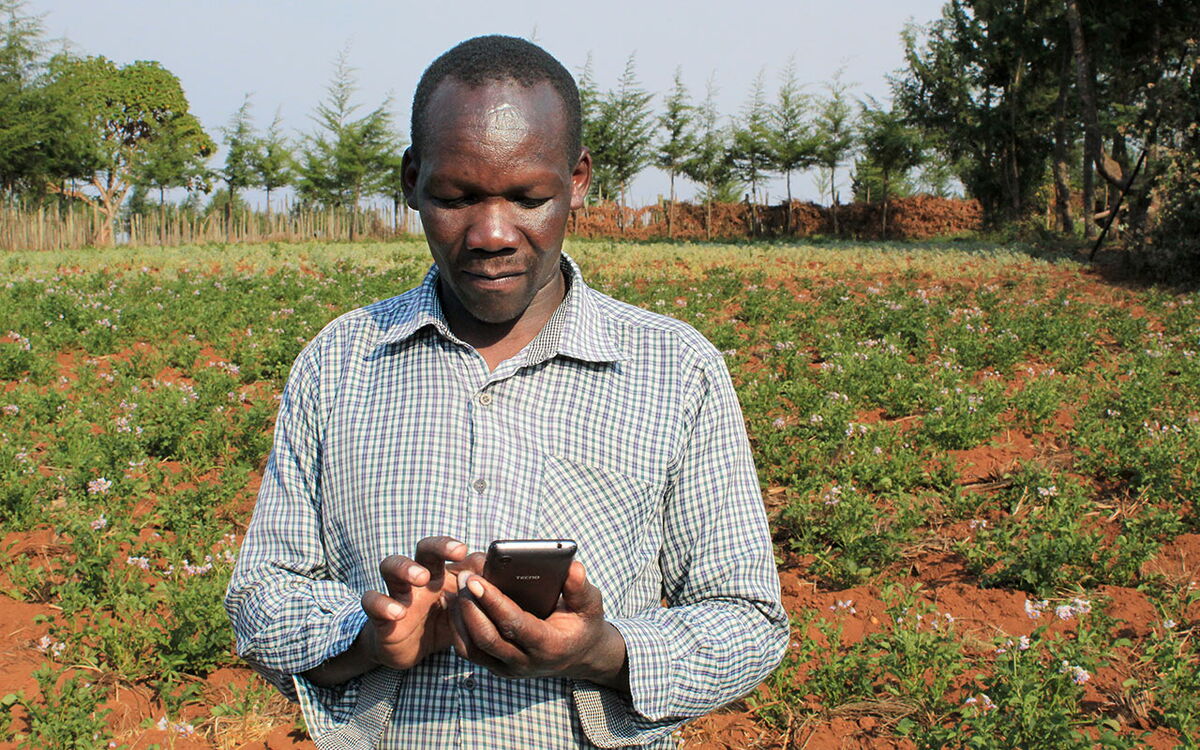
Read more A global signpost: What way is the market, please?



Read more Gender equality: Essential for food and nutrition security


Read more Statement from GAFSP Co-Chairs: GAFSP and COVID-19 Pandemic

Read more What do you expect from this Pre Summit, Mr. Haddad?

Read more Mr. Campari, how do we create sustainable food systems?

Read more Together towards Sustainable Development: Private Sector Cooperation

Read more "Human capital will play a pivotal role in the transformation of African economies"
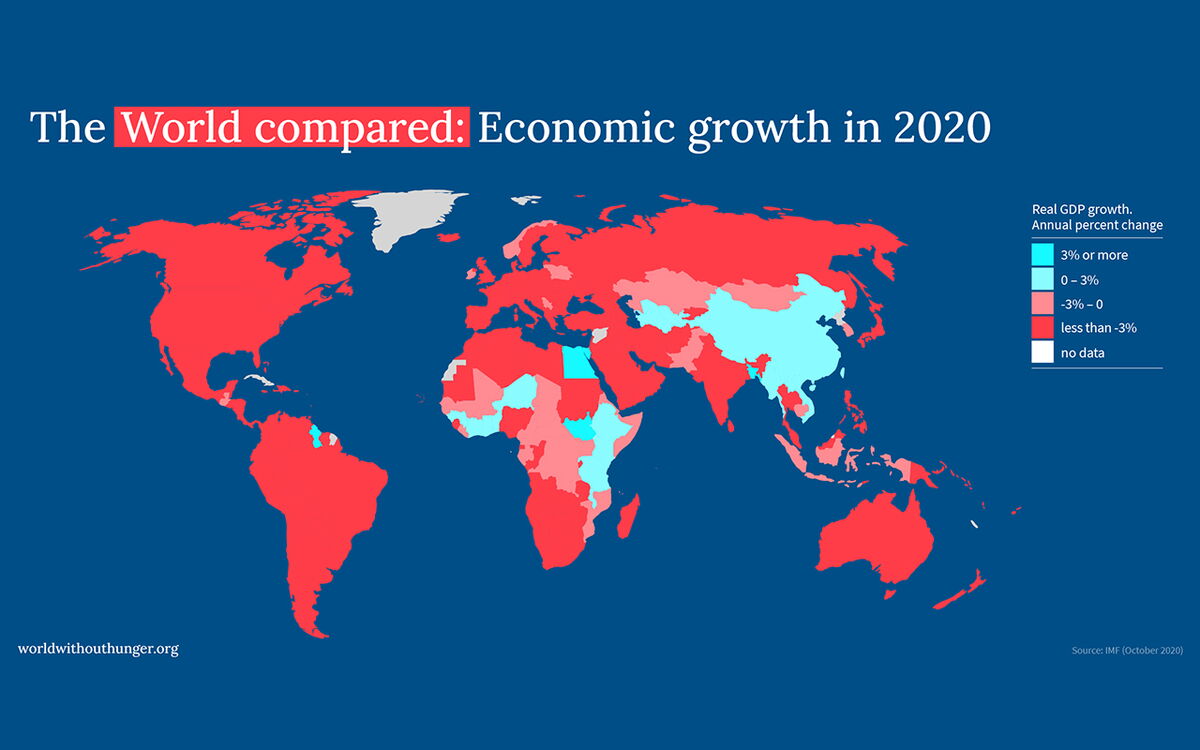
Read more 5 Questions for Jann Lay: What is Corona doing to the economy?

Read more CompensACTION aims to reward farmers for climate performance

Read more Innovative donor approaches and sustainable finance – A Review of UNFSS+2

Read more Agricultural Financing – from a broader Perspective
We use cookies on our website. Some of them are essential, while others help to improve your user experience. Your consent is voluntary and can be revoked at any time on the "Privacy" page.
Protects against cross-site request forgery attacks
Saves the current PHP session.
Content from third-party providers, such as YouTube, which collect data about usage. Third-party content embedded on this website will only be displayed to you if you expressly agree to this here.
We use Matomo analytics software, which collects anonymous data about website usage and functionality to improve our website and user experience.
